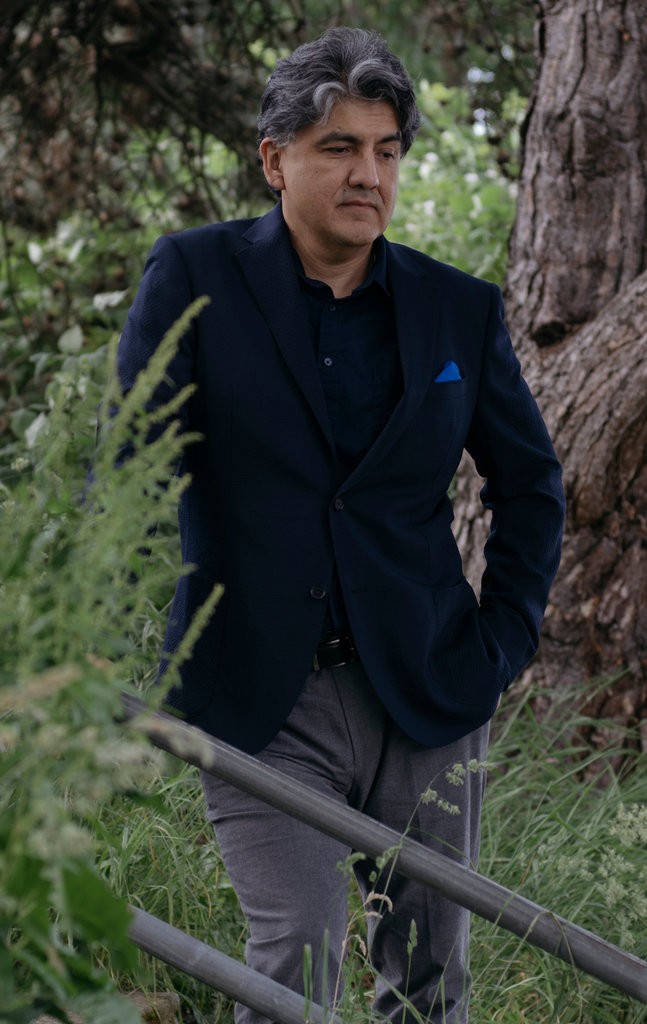“Sherman Alexie and the Tricky Art of Memoir”
By James Yeh, originally published in the New York Times (2017)

Photo by Ian C. Bates for the New York Times
“I’m always going to tell the better version,” said Mr. Alexie, allowing that, for him, storytelling takes precedence over full disclosure. “In this era, keeping a secret is the most subversive thing imaginable. There are things I would not write about.”
This celebrated novelist, young-adult author and three-time poetry slam champion was seated in the Museum of Modern Art’s noisy cafe on an overcast afternoon, reflecting on his new work, “You Don’t Have to Say You Love Me,” an assemblage of 156 confessional essays, vignettes and poems inspired by the death of Mr. Alexie’s mother from cancer in 2015. The book, to be published this week, is a high point in a prolific career that includes “The Absolutely True Diary of a Part-Time Indian,” a 2007 best-selling semi-autobiographical novel that won the National Book Award for young people’s literature.
With his well-coiffed salt-and-pepper hair, tailored blue suit accented with a pink floral-patterned handkerchief, and fine leather shoes, Mr. Alexie could pass for an ad executive or the world’s warmest don. It’s a striking evolution from the mullet-wearing Gen X wunderkind whose 1992 poetry debut, “The Business of Fancydancing,” depicted the hopes and struggles of basketball-playing, myth-spinning Native Americans in the Pacific Northwest. At 50, this Spokane-Coeur d’Alene tribe “activist artist,” as he describes himself, is a literary celebrity whose 26 books have sold over 2.5 million copies and been translated into 25 languages.
Read more in the New York Times.